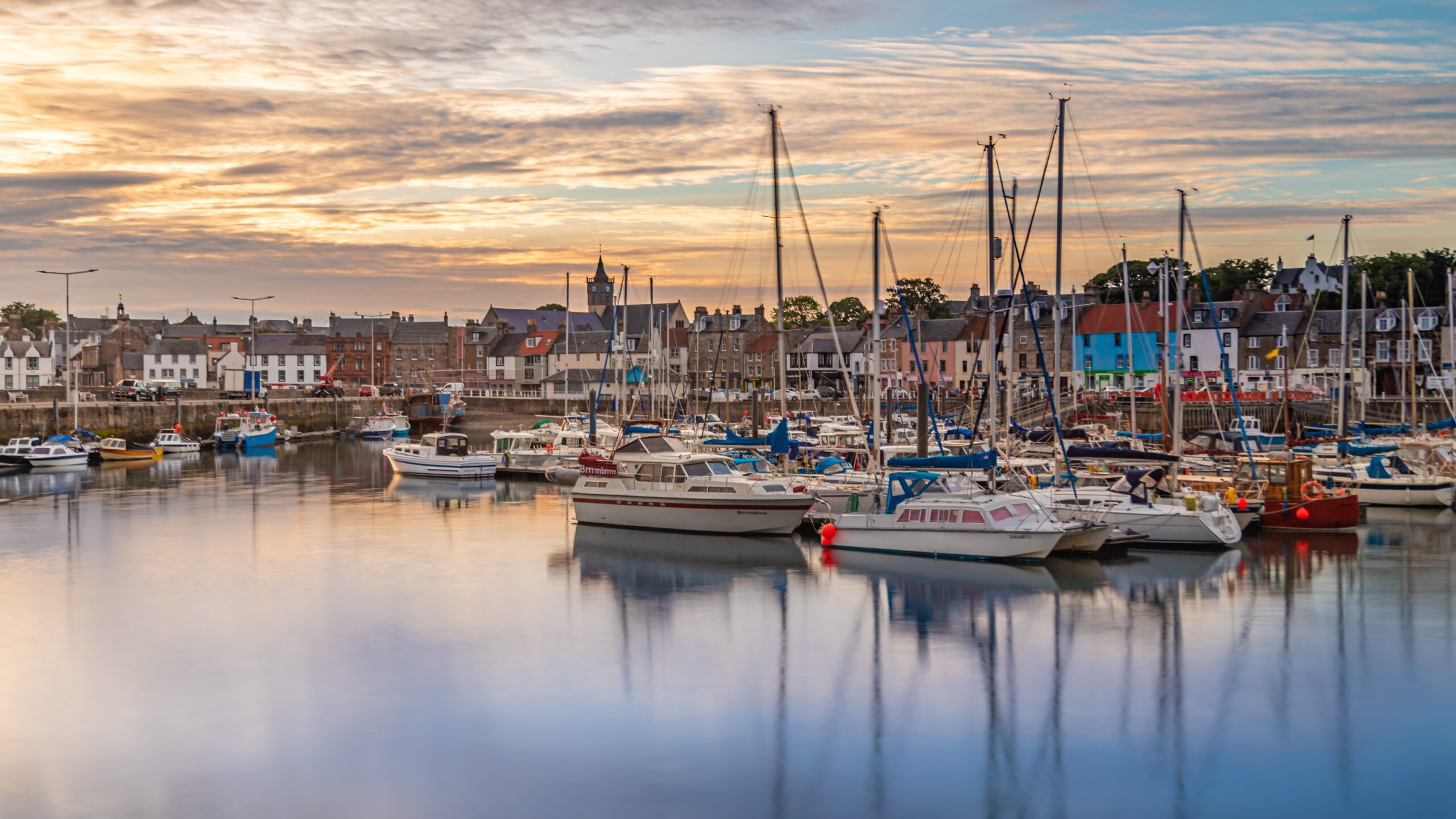In today’s modern world, marinas have come a long way to provide boat owners with an array of services and facilities, designed to cater to their specific needs. There are several marina types, each offering different benefits and amenities that suit various boating preferences.
Transient marinas
Transient marinas, also known as gateway marinas, cater primarily to cruising boaters who require temporary berthing while traveling from one place to another. They offer essential facilities such as showers, laundry rooms, cafes, and lounges for guests to relax in during their stay. Additionally, they may also collaborate with local resorts or member marinas to offer free slip rental or other exciting perks.
Full-service marinas
As the name suggests, full-service marinas are equipped with a wide range of facilities to cater to every boat owner’s need. Typically ideal for yachts and larger boats, these marinas feature amenities like swimming pools, workout rooms, onsite dining establishments, ship stores, picnic areas, and green spaces. They also date staff to handle fuel supplies, maintenance, repairs, and rental services.
Fixed marina vs. floating marina
A subcategory within full-service marinas is the differentiation between fixed marina and floating marina structures. Fixed marina would usually have piers and docks built on immovable platforms; typically suitable for calmer waters. On the other hand, a floating marina has adjustable docking systems that can adapt to fluctuating water levels, making it ideal for coastal or oceanic areas with significant tide variations. Some of these even include wave attenuator systems in order to protect moored boats.
Dry stack marinas
Popular among small boat owners like speedboats and fishing vessels, dry stack marinas provide specialized storage systems that keep boats out of the water when not in use. Using a mechanized forklift or crane system, these marinas can stack boats efficiently, saving space and minimizing maintenance issues related to long-term water exposure. They may also offer additional services, such as boatyards for repairs, launches, or pickup on demand.
Eco-friendly marinas
With a growing concern for environmental conservation, some dry stack marinas have taken initiatives to become more eco-friendly by employing cutting-edge technology and sustainable practices. These include solar-powered facilities, waste management systems, recycling programs, and using environmentally safe products for boat care.
Yacht clubs
Yacht clubs are primarily designed for yacht owners who appreciate a sense of community and camaraderie among fellow boaters. Besides providing berths and marina facilities, yacht clubs build a social network through events, races, regattas, and clubs – encouraging members to engage and collaborate on various interests. Additional perks of joining a yacht club could consist of exclusive lounges, dining establishments, pools, and access to premier recreational facilities.
Commercial marinas
Commercial marinas tend to cater to large-scale business operations, such as ferry services, cargo transportation, and commercial fishing ventures. They possess essential infrastructure like fuel supplies, dedicated office spaces, loading docks, along with suitable boat storage and repair options. Commercial marinas might also offer tailored membership packages, allowing business owners to choose services that best meet their daily operational needs.
Specialized marinas
Apart from the several standard marina types mentioned above, there are also specialized marinas that cater to unique preferences or specific boating niches. Some examples include:
- Paddlecraft marinas: Primarily designed for non-motorized vessels like kayaks, canoes, and paddleboards – offering storage facilities, exclusive launching points, and even rental services.
- Houseboat marinas: Catering exclusively to houseboats, these marinas ensure access to proper utilities such as electricity, water, sewage disposal, and in some cases, even Wi-Fi connectivity.
- Offshore/recessed/built-in marinas: These unique and design-inspired marinas take advantage of natural land formations (such as bays or recesses) and prioritize protecting boats from harsh weather conditions or tides.
In conclusion, finding a suitable marina entails identifying individual boating requirements and preferences before matching them with the available marina styles and facilities. The diverse types of marinas highlighted in this article should act as a valuable resource for boat owners during their decision-making process.

